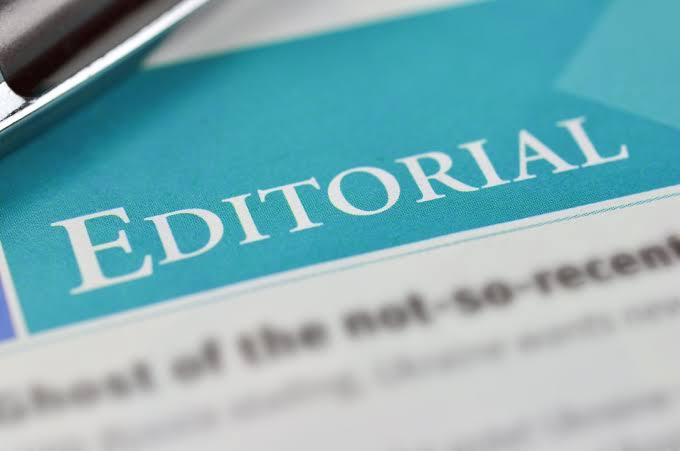In an era where digital platforms dominate global discourse, social media has become a cornerstone of communication, influencing opinions, behaviors, and societal narratives. However, alongside its transformative power, it has also facilitated the unchecked spread of misinformation, hate speech, and divisive content. The recent observations by the Supreme Court of India, highlighting the misuse of social media to disseminate fake news and distort judicial proceedings, emphasize the critical need for regulation.
Social media’s influence transcends the virtual realm, impacting public sentiment, democratic processes, and national security. The weaponization of these platforms to incite violence, manipulate elections, and propagate falsehoods undermines societal harmony and the rule of law. This unregulated environment creates a fertile ground for malicious actors, eroding public trust and jeopardizing the democratic fabric of the nation. It is imperative for the government to introduce a robust regulatory framework that ensures accountability without compromising the right to free speech.
India’s current legal framework, anchored in the Information Technology Act of 2000, is insufficient to address the complexities of today’s digital ecosystem. While provisions such as Section 69A empower the government to block content threatening sovereignty or public order, enforcement has been inconsistent and lacks transparency. The IT Rules of 2021 attempted to impose accountability on platforms but have faced criticism for potentially infringing on free speech. Additionally, amendments introduced in 2023 to curb misinformation about government policies remain in limbo due to judicial scrutiny.
The challenges extend beyond legal inadequacies. Social media algorithms, designed to prioritize engagement, often amplify sensationalist or divisive content, creating echo chambers that deepen societal divisions. Vulnerable groups, including women and LGBTQIA+ individuals, are disproportionately affected, facing harassment and cyberbullying with limited recourse. Furthermore, unchecked content has led to real-world consequences, from mob violence to public unrest, highlighting the urgent need for effective oversight.
To address these challenges, a multifaceted approach is required. Platforms must be mandated to disclose their algorithms and adhere to ethical content moderation practices to prevent the spread of harmful material. Advanced technologies, such as AI-driven moderation tools, can aid in swiftly identifying and removing inappropriate content. Public awareness campaigns focusing on digital literacy are essential to empower users to identify misinformation and safeguard their online presence. Additionally, an independent regulatory authority, free from political interference, should oversee compliance and ensure grievances are addressed fairly.
Striking a balance between regulation and freedom of expression is crucial. The goal is not to stifle dissent or creative expression but to foster a safe and accountable digital environment. As one of the largest markets for social media platforms, India is uniquely positioned to set global standards for effective regulation. The government must act decisively to ensure these platforms remain tools for empowerment and progress rather than division and harm. The longer we delay, the greater the risk to societal cohesion and democratic integrity. Regulating social media is not merely a policy decision; it is a necessity to safeguard the future of our democracy.



